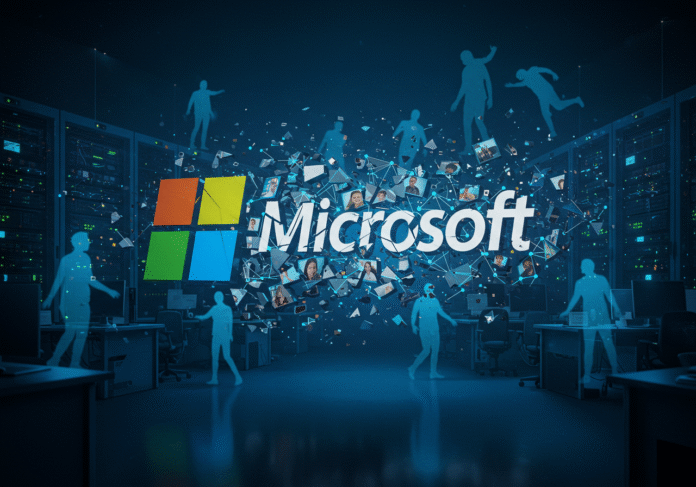Microsoft’s AI savings raise questions following its decision to lay off over 9,000 employees despite record-breaking financial success. This contrast between cost-saving through AI and workforce cuts has drawn criticism and sparked debate.
This week, Microsoft’s chief commercial officer, Judson Althoff, stated that AI tools boosted productivity significantly in multiple departments. He revealed that Microsoft saved over $500 million last year in its call center operations alone. These internal remarks came shortly after the tech giant’s third round of layoffs in 2025.
In total, Microsoft has laid off about 15,000 employees this year. Many of the affected roles were in customer service, sales, and software engineering—departments now seeing increased automation through AI.
Althoff’s announcement highlighted how AI continues to streamline operations. However, the timing of his statement caused frustration, especially among recently laid-off staff. Former employees found it insensitive to promote AI cost savings while thousands were losing jobs.
Further adding to the tension, a now-deleted LinkedIn post from an Xbox producer suggested using tools like ChatGPT to cope with layoff stress. The post was widely criticized as dismissive, especially during a time of widespread job insecurity.
Microsoft’s AI savings raise questions about how companies should balance automation and human employment. While Microsoft continues to hire AI experts and invest heavily in infrastructure, many question whether this strategy overlooks the human cost.
In January, the company announced plans to invest $80 billion in AI infrastructure throughout 2025. Meanwhile, Microsoft ended the first quarter with $26 billion in profit and $70 billion in revenue. The company’s market value surged to $3.74 trillion, placing it ahead of Apple.
Despite these strong financials, Microsoft continues to restructure its workforce. The company appears focused on competing in the global AI talent war rather than rebuilding middle management ranks.
Microsoft’s AI savings raise questions not just about strategy but about values. The shift to AI may boost efficiency, but it also highlights the growing tension between profit and people.
For more business updates, visit DC Brief.


